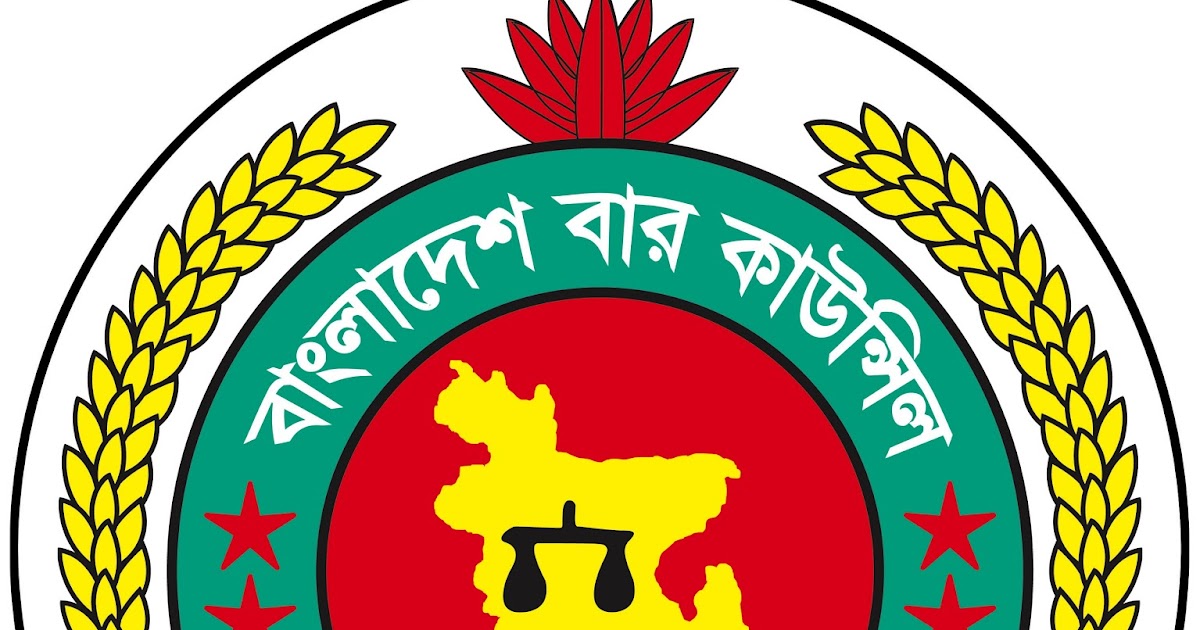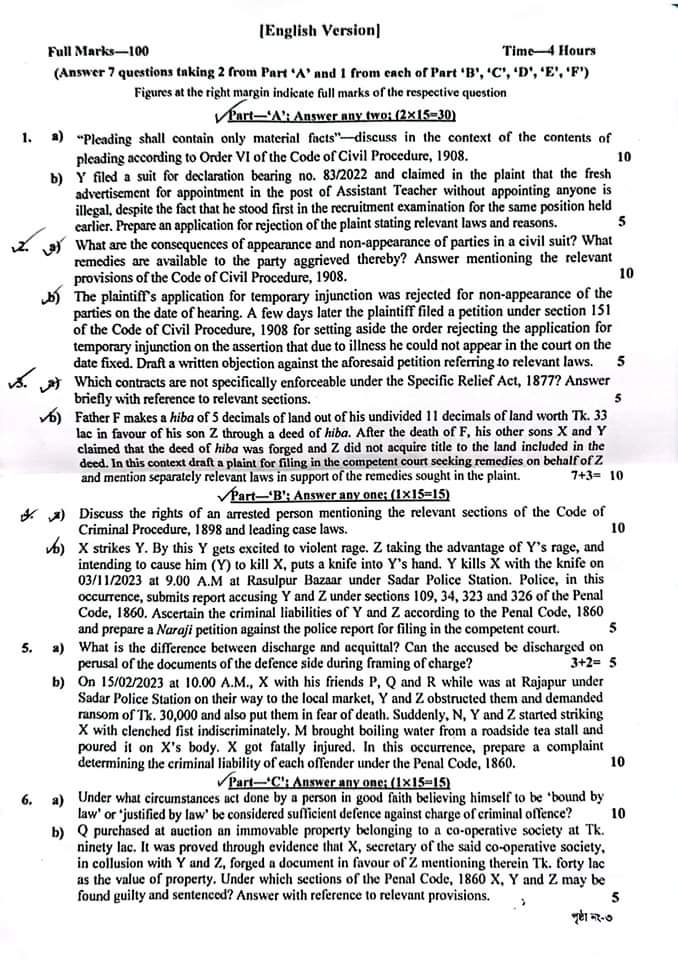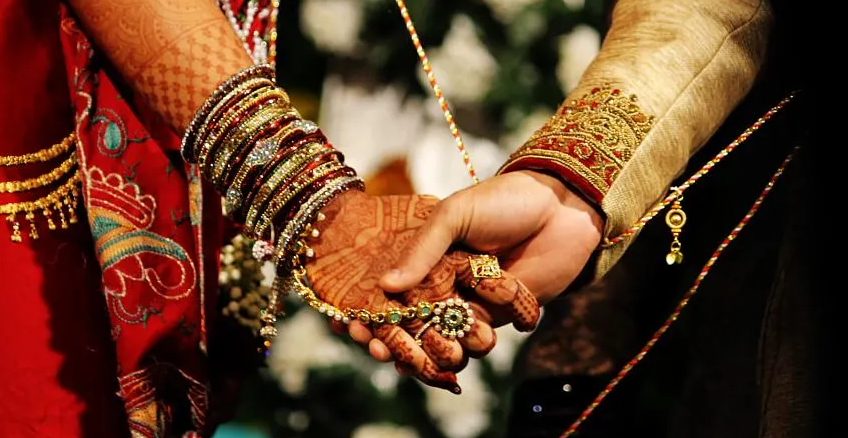Adoption related laws in Bangladesh
Adoption is referred to mean the process
of taking the child of another as one’s own.
Formal adoption means that the adopted child has the same rights as a
natural child especially with regard to the inheritance of property. Thus, an
adopted child can inherit the property like a natural child of a deceased
person. In Ramdulal v. Surbala Dasya, a 1962 case, 14 DLR 810, held that
“adoption is a supernatural emancipation and mundane reasons include establishment of heirs and preservation of the adopter's lineage.”
Is
adoption allowed under Islamic law?
Under Islamic law formal adoption is not allowed although informal adoption is widely practiced. Although, the Quran and the Hadith enjoins upon persons to take care of orphans and fosterage, Islamic Law does not allow formal adoption. As per an ayat of Sura Al Ahzab, adoption in the sense of conferring inheritance rights on the adoptee is not legal. But, Certain Islamic countries are now trying to institutionalize the provisions of this informal adoption.
Though, Muslims cannot legally adopt, they can have custody of the child by filing a suit for making an application to the court under section 7 of the Guardianship and Guardianship Act, 1890. In the process he can become the guardian of an adopted child. It is to mention here that a person seeking guardianship through aforesaid law can go to the family court as established under the Family Courts Ordinance, 1985 (section 5). However, the property can be gifted and bequeathed in the name of such child but he cannot inherit the property form his/her adoptive parents.
Can
a Christian adopt a child?
Christianity does not recognize formal adoption too. Though, informal adoption is allowed for Christians in Bangladesh, there is no law for them to deal with the matter. They can only apply to the family courts for guardianship of children like Muslims.
Adoption
under Hindu Law:
Hindu
philosophers say “a man born with three debts i.e., Debts to rishis (sages), Debt
to Gods and Debts to ancestors.” These debts are discharged by giving birth to
a male child who studies the Vedas and offers sacrifice. For the same
reason, Son is given great importance in Hindu Law.
In the Hindu religion, it is believed that, the fundamental purpose of Hindu marriage is to give birth to a son. A son i.e., putra is believed to save a person from a hell called put. Depending on the importance of having a son, the notion of adoption is recognized under Hindu law. Where, there is no natural son i.e., Aurasa, a son may be adopted as a substitute son, called Dattaka.
In addition, the purpose of adoption is twofold. One is religious purpose, and the other is worldly. However, from the religious view the purpose of adoption under Hindu law is to have a son who can participate in the Shraddha ceremony and thereby confer religious or spiritual benefit to the deceased father or other ancestors, on the other hand, the secular or worldly aspect is to preserve one's lineage and inherit wealth.
Who
can adopt?
A Hindu man, either single or married or widower who has no son, grandson or great-grandson, natural or adopted can adopt a son. If he is married, he can adopt a son without the consent of his wife, even if he knows that his wife is pregnant. It is necessary to mention here that the man taking in adoption has to reach the age of comprehension or understanding. Thus, he needs not be a major.
In respect of a Hindu woman, she cannot adopt without the permission of her husband. Again, a single or unmarried Hindu woman cannot adopt too. But, According to Dayabagha School a widow can only adopt with the permission of her husband, whether direct or indirectly given, before his death. But one class of Pandits thinks that since the adoption of a son is essential for the good of the soul of the husband, if the husband has not given any prohibition in this regard before his death, there is no bar to the adoption of the widow.
Who
can give in adoption?
Primary right to give in adoption is given only to the father, though mother can only give her child in adoption with the husband’s permission.
There
has to be formal giving and taking of adoption
It is essential that there has to be formal
giving and taking of adoption. Thus, without formal handing over the child
taking in adoption, it cannot be complete. This matter is recognized by a land
mark case named, BEMOL CHANDRA MOHONTO Vs. SREEMOTI NEOTI BALA DASHSHA AND OTHERS 29 BLD
HCD 2009, 331 where the HCD held that
“The
act of giving or receiving is absolutely essential to the validity of adoption.
It is the essence of adoption and the law does not accept any substitution for
it”
Thus, Physical act of giving and receiving is essential to the validity of an adoption but as to Datta-Homa, adoption ceremony, it is not settled whether its performance is essential to the validity of an adoption in every case or not.
Who can be taken in Adoption?
Only a son can be taken in adoption.
However, adoption of a Hindu daughter is not legally recognized in Bangladesh.
Other conditions include,
1. The only son of a father cannot be adopted because that would invalidate the spiritual right of his (son’s) natural father.
2. The parties must belong to the same caste (M/S Anath Bandhu Guha vs. Sudhangsha Sekhar Dey 31 DLR AD 1979 12). However, the boy to be adopted must belong to the same cast, but not necessary that he should belong to the same sub –cast. It was held in Sudhangshu Shekhar Vs. Anath Bandhu. 28 DLR (1976) 313 that
“Hindu Society is divided into four castes namely Brahmin, Kshatriya, Vaisya and Sudra. There might be a question with regard to the validity of adoption between one caste and another caste. But If such adoption is found to have been taken place within the broad range of one caste only, such adoption cannot be questioned on the ground of difference in the sub-caste between the parties concerned. Kayastha of Bengal is sudra. It is an admitted position in Hindu Law that there is no bar as such for a “Kayastha” adopting a “Namasudra” both being “Sudras” as such.”
3. Adoption of an orphan is not legal or allowed (unless supported by custom) since there is no one to give him in adoption. (Abdul Mannan alias Kazi vs. Sultan Kazi 34 DLR 1982 236)
Does an adopted son stand equal to
natural son?
Under the Hindu Law, the adopted son in
relation to his adopted father stands equally with the natural son in temporal
and spiritual matters. In M/S Anath Bandhu Guha vs. Sudhangsha Sekhar
Dey 31 DLR AD 1979 12, it was held that
“Hindu Law does not make any distinction between a natural son and an adopted son in the matter of inheritance and “whether it is in the adoption of personal law or secular law, the adopted son has the same status with natural son”
Adoption
under Hindu law of INDIA:
After introducing The Hindu Adoption and Maintenance Act of 1956, law relating to adoption in India is much more gender friendly because it has brought some positive reforms to orthodox Hindu law. Accordingly, a female who is unmarried or single can adopt as well as a widow can take in adoption without the previous permission of her husband. In addition, husband and wife have to have each other’s permission to take in adoption. The most important up-gradation in Indian law is that an orphan can be adopted legally.






